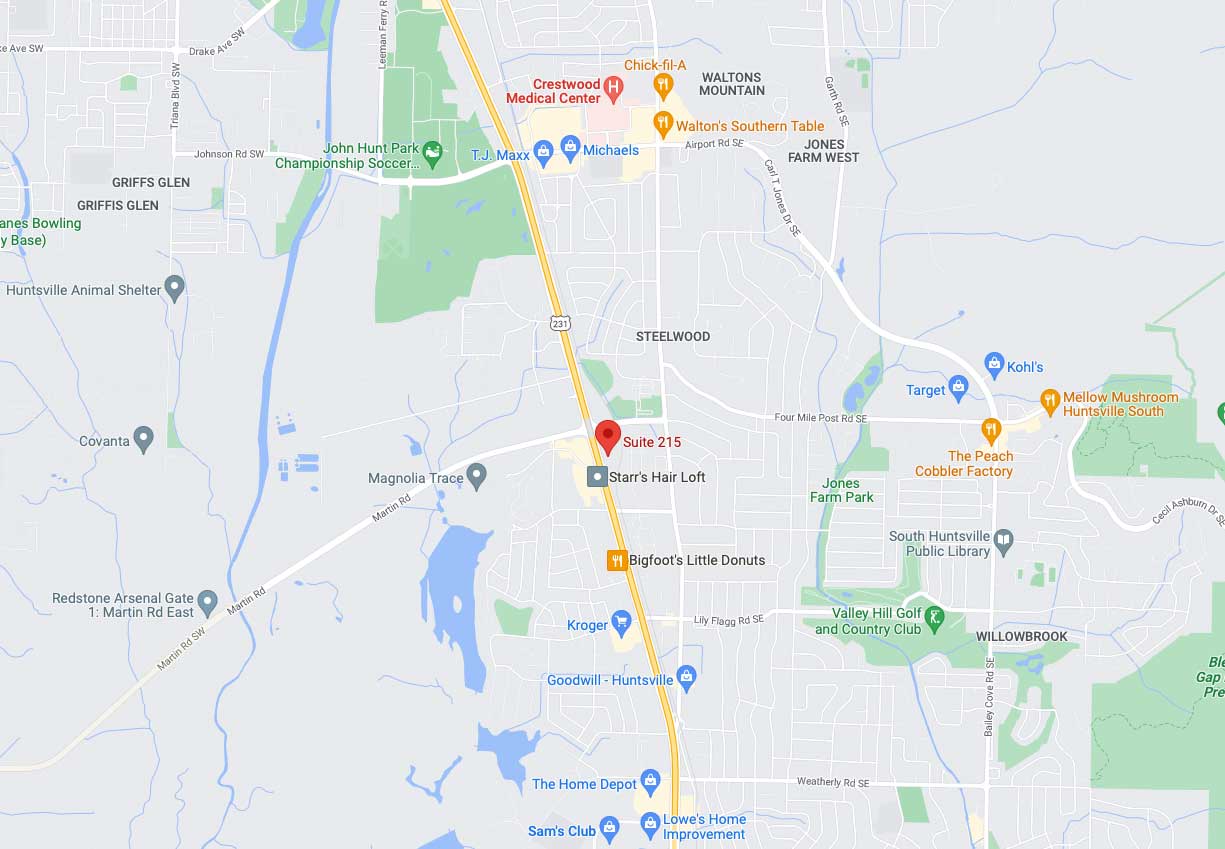For many people it’s not easy to make the decision to start seeing a therapist. Our culture and society tell us that we should be able to handle life on our own and not ask for help. At Healing Sounds Music Therapy, I understand that it’s difficult to reach out for assistance.
The truth is that there is no shame or weakness in seeking out help when there is a problem. We take our car to a mechanic and our taxes to an accountant– our mental health should be no different.
I’ve tried to make it easier to ask for help by creating a warm and comfortable office space in which to receive therapy. Clients can access me by phone, email, or text message. My client caseload is purposefully kept small so I can guarantee that each person receives the individual care they need. My schedule is flexible to accommodate early morning as well as evening appointments. Phone consultations are always free of charge.
 Services
Services
 Recent Posts
Recent Posts

Medication Compliance
A couple of weeks ago I asked the followers of my Facebook page for suggestions on what they’d like to read about in future blog posts. One of the first suggestions was medication compliance, so here it is! Medication Compliance Let me start off by saying that this issue is bigger than it initially sounds, […]
Back to the blog!
First of all, my deepest and sincerest apologies for not doing a better job of keeping the blog up-to-date in recent months. It seems that life got in the way, and blogging fell off my to-do list. Truth be told, blogging isn’t my favorite thing to do. I often struggle to come up with topics, […]

Healing vs. Cure
The past couple of weeks I’ve been teaching a Lifetime Learning course on music and wellness at the local university. Near the end of last week’s class, one of the participants asked if I could talk to them about how to use music for healing. We had a terrific discussion about it, and I thought […]







